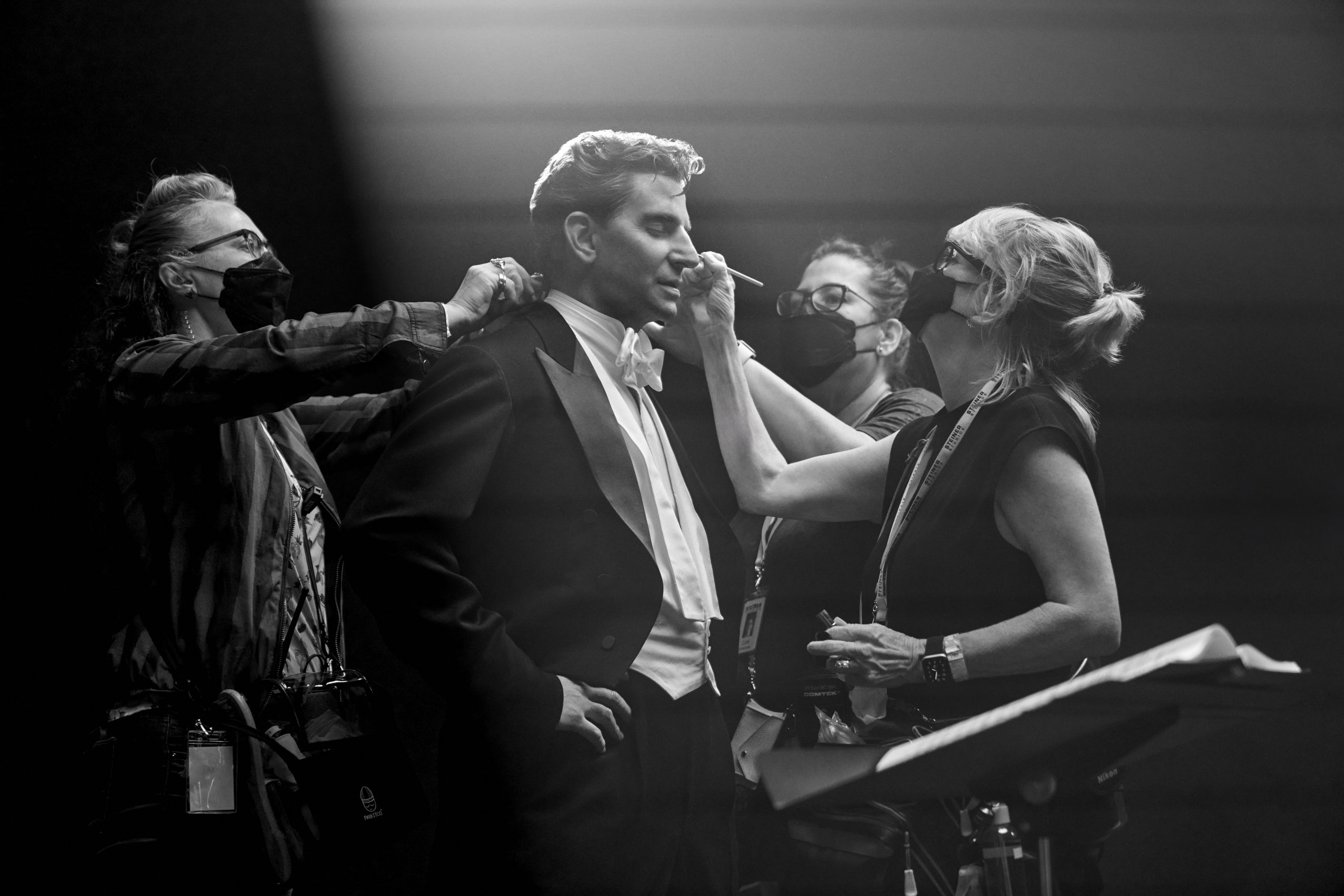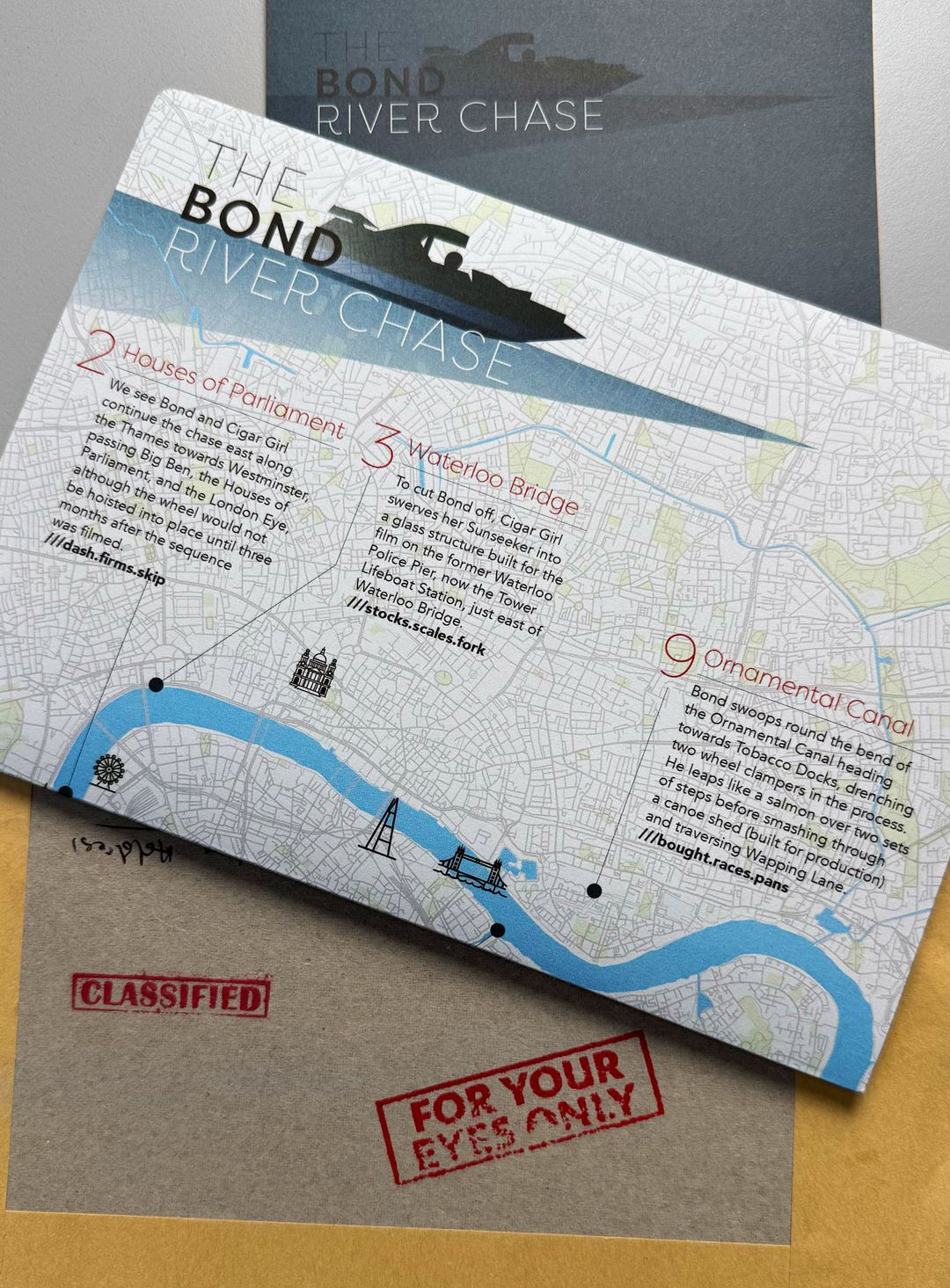https://unsplash.com/photos/people-in-red-and-blue-mask-To20lMNEgR8
Costume design can be an exciting and rewarding journey for students. College offers a unique opportunity to explore creativity while developing the skills necessary for a successful career in this field. Whether you are studying at a school specializing in arts or taking a costume design class as part of a broader curriculum, the path to becoming a skilled costume designer involves a combination of learning, studying, and hands-on experience. As students balance their assignments and homework, it’s essential to stay organized and focused to succeed in this highly creative and demanding field.
Costume design isn’t just about making beautiful clothes; it’s about telling a story, understanding character, and bringing a vision to life. Students need to develop a deep understanding of history, fabric, and style, while also cultivating their artistic intuition. Many students may find themselves juggling multiple projects and assignments, but staying motivated and continuously learning is key. A well-rounded approach to both the technical and creative aspects of costume design will set you apart in the field.
While it’s easy to get lost in the whirlwind of college assignments and homework, it’s essential to stay grounded and focused on the long-term goals of your costume design career. Students often seek help with their workload, and services like PaperWriter can assist with research and writing assignments, allowing you to dedicate more time to honing your craft. Finding a balance between coursework and creative pursuits is critical for success in this field.
As you pursue your studies in costume design, understanding key tips and strategies will make your journey much smoother. This article will provide you with essential tips to help you succeed, stay organized, and develop the skills needed to thrive as a costume designer.
1. Master the Basics of Design and Construction
Before diving into intricate designs, students pursuing costume design must first master the basics of garment construction. Understanding how clothes are made is the foundation for creating costumes that fit well and are functional.
Study Fabric and Textiles
Costume design involves a deep understanding of fabrics and textiles. Learn about different materials, their textures, durability, and how they move. Whether you’re designing for a historical drama or a futuristic play, the fabric you choose will help define the character and setting.
Learn Sewing Techniques
A strong grasp of sewing is essential for any costume designer. While you don’t need to be a professional tailor, understanding the basics of sewing will allow you to bring your designs to life. Many colleges offer classes or workshops that focus on costume construction, so take full advantage of these opportunities.
2. Understand the Role of Costume Design in Storytelling
Costume design is more than just making clothes; it’s about telling a story through clothing. Students should understand how costumes reflect the personality, time period, and circumstances of characters.
Research Historical and Cultural Contexts
Whether you’re designing costumes for a Shakespearean play or a modern film, understanding the historical and cultural context of the characters is crucial. Costume design often requires thorough research into different time periods, social norms, and traditions to ensure your designs are accurate and authentic.
Focus on Character Development
The costume plays a significant role in developing a character. When designing, think about how the clothing can reflect the character’s personality, mood, or transformation throughout the story. A thoughtful approach to character-driven design will make your costumes more impactful.

Maestro – BTS – (L to R) Set Costumer Kat St. John, Bradley Cooper as Leonard Bernstein (Director/Writer/Producer), Hairstylist Lori McCoy-Bell and Prosthetic Makeup Artist Vivian Baker on the set of Maestro. Cr. Jason McDonald/Netflix © 2023.
3. Build a Strong Portfolio
One of the most important things students can do while studying costume design is to create a strong portfolio. A portfolio is essential when applying for internships, jobs, or even school projects. It’s your opportunity to showcase your skills and creativity.
Keep it Updated
As you progress through your studies, make sure your portfolio is updated with your best work. Include sketches, photographs of completed designs, and any other relevant projects you’ve worked on. The more diverse your portfolio, the better it will reflect your abilities as a designer.
Include Process Work
Employers or professors often want to see your design process, not just the final result. Include sketches, fabric swatches, and mood boards in your portfolio. This will demonstrate your thought process and ability to tackle different aspects of design.
4. Develop Time Management Skills
Studying costume design in college can be demanding, with numerous assignments, projects, and deadlines. As students juggle their coursework, it’s essential to develop strong time management skills to stay on top of everything.
Plan Your Projects
Create a detailed schedule for each project, breaking it down into smaller tasks. Allocate time for research, sketching, fabric sourcing, and construction. By planning ahead, you’ll avoid last-minute rushes and ensure that your designs are completed on time.
Use Technology for Organization
There are several apps and tools available that can help you stay organized. Use a digital calendar, project management software, or to-do list app to keep track of deadlines, assignments, and other responsibilities. Staying organized will reduce stress and improve your overall productivity.
5. Gain Practical Experience and Internships
Hands-on experience is invaluable for students pursuing costume design. College provides many opportunities to work on school productions, theater projects, or internships that offer practical exposure to the industry.
Volunteer for School Productions
Most colleges offer students the chance to work on costumes for theater productions. Volunteering for these opportunities will give you real-world experience and help you build your network in the industry. Don’t hesitate to take on different roles, such as assisting with fittings or helping with the costume construction.
Apply for Internships
Internships with established costume designers or production companies provide invaluable experience. Internships allow you to work alongside professionals and learn firsthand how the industry operates. These experiences also provide opportunities to build your resume and make connections in the field.
Conclusion
Pursuing costume design as a student can be challenging, but with dedication and the right approach, it can be incredibly rewarding. By mastering the basics of design, understanding the role of costume design in storytelling, building a strong portfolio, developing time management skills, and gaining practical experience, you will set yourself up for success in this creative field.
In addition, if you find yourself struggling with the academic workload, consider using services like the best place to buy a research paper to help with your assignments. By managing your studies effectively and focusing on honing your craft, you’ll be well on your way to a successful career in costume design.







